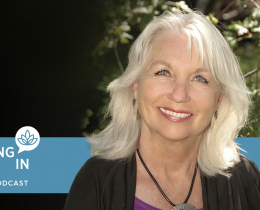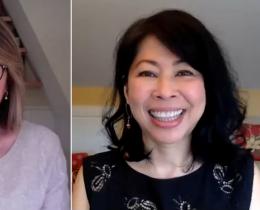What: During contemplative inquiry, you focus your mind on one concept or question, such as “Who am I?”
Types: Zen koan practice; self-inquiry as taught by Bryon Katie, Adyashanti, and the late Indian saint Ramana Maharshi; some forms of Passage Meditation.
Benefits: Benefits vary according to the practice. In Meditation for Your Life, yoga and meditation teacher Robert Butera writes that practitioners may experience a sense of oneness in which “the once-separate ego is no longer separate and all inner strife disappears.”
Keywords: cerebral, philosophical, contemplative
Try this: In his book, Butera suggests trying the following introductory practice to contemplative inquiry, which is inspired by the teachings of Ramana Maharshi. Ask yourself the question, “Who am I?” and write the responses in a journal. Be specific in detail, beginning with the gross, outer levels of who you are. You may want to start with your name, and perhaps the roles you play in your family and your work. Describe who are you in the form of specific adjectives, such as “creative” or “rebellious” or whatever words best apply to you.
Butera writes, “Be borderline narcissistic until you realize that you are unique but not separate. Keep asking the question, “Who am I?” See what emerges. What do you discover? After digging through the superficial layers, ask yourself, ‘Who am I, really?’ Continue asking until you again exhaust this level."
At this stage, Butera says, both the question and your thoughts will slow down and you will “venture nearer to your true self.” To progress in the practice, he recommends downloading Sri Ramana Maharshi's small booklet, Who Am I?
You may also want to explore Byron Katie's method of inquiry, a series of four questions she calls The Work.



